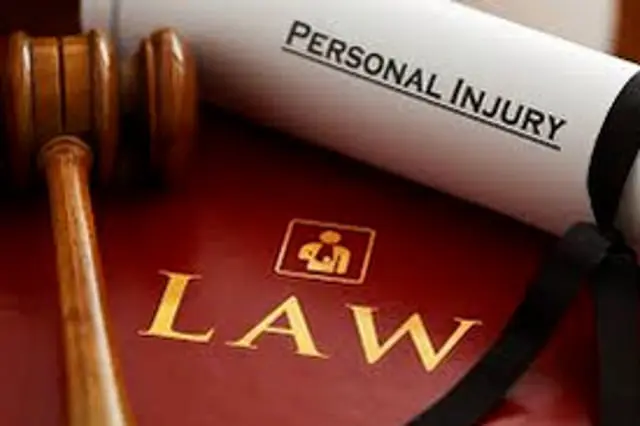Defense Strategies
Effective Defense Strategies in Law: A Guide for Practitioners
In the realm of legal defense, understanding and implementing effective strategies is crucial for attorneys. Defense strategies vary depending on whether the case is civil or criminal, and each requires a tailored approach.
In criminal law, defense strategies often revolve around examining the evidence presented, identifying procedural errors, and questioning the credibility of witnesses. For instance, a defense attorney might challenge the legality of a police stop or the admissibility of certain pieces of evidence, such as those obtained in violation of constitutional rights.
Civil law, on the other hand, often involves disputes between individuals or organizations over rights, contracts, or property. Here, defense strategies might include negotiating settlements, disputing the plaintiff’s claims, or presenting counterclaims. Understanding the nuances of contract law, property rights, and tort law is essential for forming robust defense strategies in civil cases.
Both criminal and civil defense require a deep understanding of legal principles and a strategic approach to each unique case. A strong defense often hinges on the ability to think critically and creatively, leveraging legal expertise and experience.
In criminal defense, a key strategy is often the assertion of constitutional rights. This can include challenging the legality of evidence gathering methods, such as searches and seizures, or contesting the admissibility of statements and confessions. Effective criminal defense attorneys are adept at navigating complex legal frameworks to protect their clients’ rights.
On the civil side, defense strategies might involve scrutinizing the plaintiff’s evidence and establishing a strong counter-narrative. This could include questioning the validity of contracts, demonstrating compliance with legal obligations, or highlighting the absence of negligence in tort cases. Civil defense requires a thorough understanding of the relevant laws and regulations, as well as sharp negotiation skills.
A crucial aspect of both civil and criminal defense is effective communication. This includes not only articulating a compelling narrative in court but also skillfully negotiating settlements and plea deals when appropriate. Understanding the psychology of decision-making and being able to predict the actions of opposing counsel and the court can significantly enhance the effectiveness of a defense strategy.
Moreover, staying abreast of legal precedents and emerging trends in law is vital. Regularly reviewing case law and keeping updated with legislative changes can provide a strategic advantage. For instance, in criminal law, shifts in policies regarding certain offenses can open new avenues for defense. Similarly, in civil law, changes in regulations related to business, employment, or environmental issues can significantly impact defense strategies.
Another key element is the use of technology and forensic experts. In complex cases, especially those involving financial crimes or technical issues, the use of expert witnesses can be a game-changer. Digital evidence, forensic accounting, and other specialized knowledge can strengthen a defense and provide critical insights into the case.
In summary, defense strategies in law require a combination of legal knowledge, analytical skills, and an understanding of human behavior. Whether negotiating a settlement in a civil dispute or defending a client in a criminal trial, a strategic and well-informed approach is essential for success.
The success of a defense strategy also hinges on understanding the client’s goals and tailoring the approach accordingly. Whether it’s achieving a favorable settlement, getting a case dismissed, or securing an acquittal, aligning the defense strategy with the client’s objectives is paramount.









